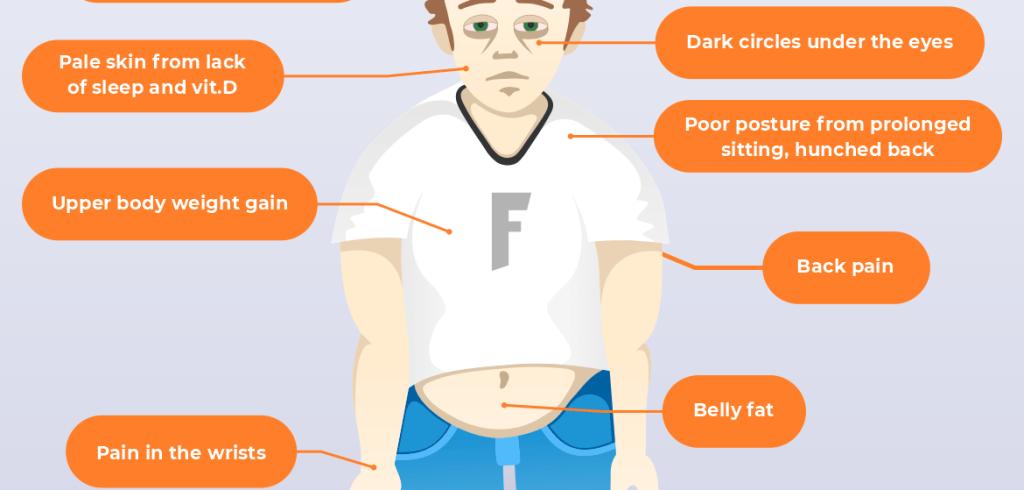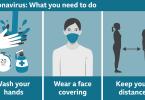Understand that most things that are both “interactive” as well as “passive” these days, are designed to be addictive.
This is exactly why we volunteered to eliminate TV, movies, sports, and video games from our lives a long time ago.
Yes, we know they’re “fun,” but they come at a huge expense. They rob you of your time to do other, more productive things.
While 0.000001% of skilled video game players can actually become millionaires – that is by far the rare exception, rather than anything close to reality. In other words, your video game skills won’t get you far in life (despite what proponents say about “hand-eye coordination).
Here’s an interesting article from the UK. They have trouble finding addiction clinics!
Gaming Addicts seek Help
Via The Guardian
Teenagers addicted to gaming are travelling to private clinics overseas for treatment due to a lack of services in England and Wales to tackle the growing problem, the Guardian has learned.
There are no NHS facilities to treat gaming addiction, which was listed and defined as a condition in the 11th edition of International Classification of Diseases. It means people are having to seek treatment privately or travel abroad.
Yes We Can, Europe’s sole children-only rehabilitation clinic for gaming addiction, says it has been treating an increasing number of young people from Britain.
The Dutch clinic treated 30 people for gaming addiction in 2016 and 90 in 2018. So far this year 55 young people have sought help with the problem, including six from the UK.
Jan Willem Poot, 40, a former addict turned entrepreneur who set up the clinic, said it was seeing a 20-30% annual increase in people – mainly young men – coming in with gaming dependency. “Also, in the beginning it was eight to 10 hours of playing but at this moment we have got kids who game 18-19 hours a day. They sometimes go weeks without showers and are not eating.”
He said the problems were arising because games were being made more complex than in the past. “Gaming has been there for over 20 years but people never had problems with Tetris addiction or dependency to Super Mario,” he said.
Private clinics in the UK have also noted a surge in the numbers seeking treatment. The UK Addiction Treatment Centres (Ukat), which runs seven facilities in England, reported a 37% rise in the number of patients being admitted for gaming addiction between 2017 and 2018. This year its centres were admitting on average two patients a month. It said more than half of those admitted in 2018 were aged 30 or under.
Henrietta Bowden-Jones, the director of the Centre for Internet Disorders, set up by Central and North West London NHS foundation trust and opening in October, said there were about 45 people on a waiting list to be treated.
“What we don’t have is a good idea of the prevalence of the problem among the population as at the moment there are no high-quality prevalence surveys for this illness in the UK. I hope to see a well funded independent prevalence survey over the course of the next year or so,” Bowden-Jones said.
“You need to hear of the issues at ground level from the people destroying their lives with one activity or another. Then you report the issues to the people who can, if they so wish, implement preventive measures to protect the population.”
Gaming disorder is defined by the World Health Organization as a pattern of persistent or recurrent gaming behaviour so severe that it takes “precedence over other life interests”. Symptoms include impaired control over gaming and continuation or escalation of gaming despite negative consequences.
“Gaming addiction is becoming more of an issue,” said Jeff van Reenen, an addiction treatment programme manager at the Priory’s hospital in Chelmsford. “Even in our experience, more among a younger target group … we are seeing it presenting or co-presenting with other addictive behaviours. I saw a patient who came here for gaming addiction as well as addiction to porn and sex. Addictive behaviours are always about escapism.”
He added: “Why don’t we have services to cater general addiction? There is no money, no funds. NHS has no funding and the private sector is busy but generally there is very little around for community or people who don’t have the means to afford treatment. That’s the reason.”
He said the fact some people were going abroad for treatment showed the problem was “rife and endemic”. “There are huge problems out there in terms of what is going on in society and yet it [the Yes We Can clinic] is the only one in Europe for young people.”
Van Reenan said signs of addiction to gaming were when it was hard to stop and when life became unmanageable as a result. “In order words, socialising and family relationships suffer. From a young person’s point of view, for example, if you don’t go to school.” He noted it could also have an impact on physical health. He said the Priory offered an abstinence-based programme to treat addiction problems.
Eytan Alexander, the managing director of Ukat, said it was not yet clear how big a problem gaming disorder had become. “It is mainly a problem among a certain age group – not someone who is 50 years old but children who live in that space. “We don’t know the extent [of the problem] for children who are playing games in bed on their phones.”
He added: “I don’t think yet we have seen how big a problem this is. We know it is a big problem … but the consequences have not come out yet. They may do in the next five to 10 years. It’s the same with prescription drugs: we are only now starting to see the consequences of that in a big way.”









NJ Route 22 Comment Section